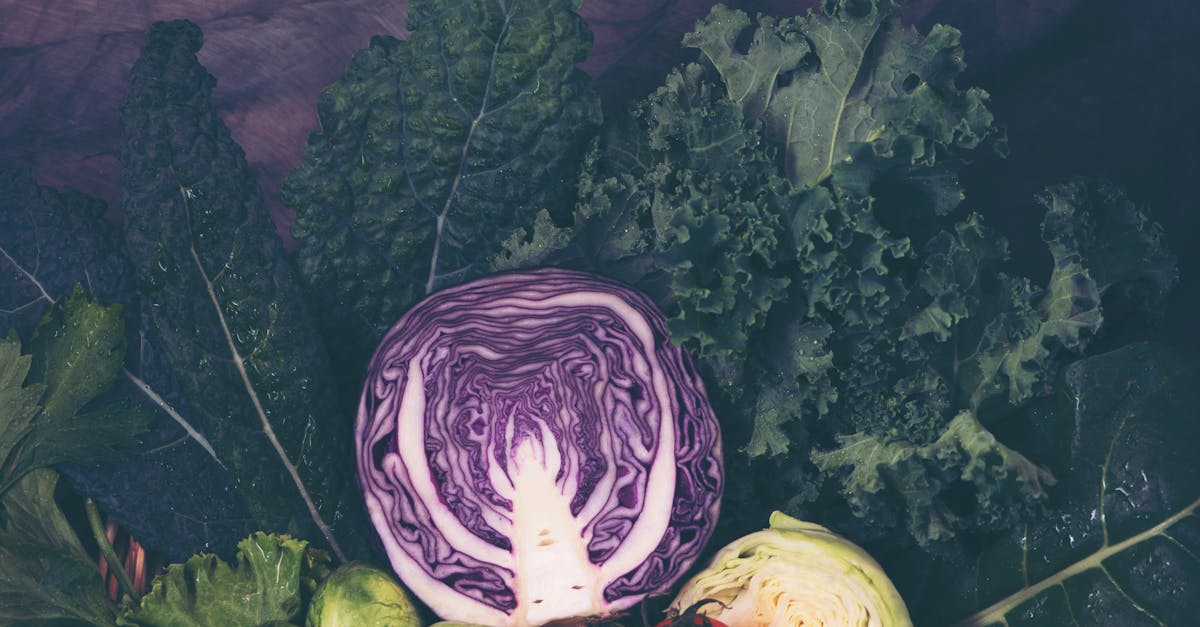Why Your Pet’s Nutrition Matters
In an era where our pets are more family than mere companions, ensuring their well-being is pivotal. Just as humans need a balanced diet to thrive, our pets require a proper array of vitamins and minerals to stay healthy and active. Lack of vital nutrients can lead to a host of issues ranging from minor ailments to severe health problems. This blog post elucidates the essential vitamins and minerals for pets, explaining their importance, benefits, and how you can incorporate them into your furry friend’s diet.
Essential Vitamins for Pets: More Than Just a Supplement
Vitamin A: Vision and Growth
Vitamin A plays a crucial role in maintaining your pet’s vision, skin health, and immune function. It’s particularly critical for young pets as it supports growth and developmental processes.
- Importance: Vision, immune system, skin health.
- Sources: Liver, fish oil, dairy products.
B Vitamins: The Energy Boosters
The B vitamin complex includes several essential nutrients such as B1 (thiamine), B2 (riboflavin), B3 (niacin), and B12 (cobalamin). These vitamins are indispensable for converting food into energy, maintaining cell health, and ensuring a robust nervous system.
- Importance: Energy production, nerve function, red blood cell formation.
- Sources: Meat, eggs, dairy products, whole grains.
Vitamin C: The Antioxidant Powerhouse
Unlike humans, dogs can synthesize their own vitamin C, but additional supplementation might be beneficial in some instances. Cats, however, do not typically benefit from extra vitamin C as their liver converts glucose into ascorbic acid.
- Importance: Immune function, antioxidant properties.
- Sources: Certain fruits and vegetables, supplements (in case of deficiency).
Vitamin D: Bone Health Champion
Vitamin D is vital for calcium absorption and bone health. A deficiency in this vitamin can lead to skeletal issues and impaired development in growing pets.
- Importance: Calcium absorption, bone growth.
- Sources: Fish, liver, sunlight exposure.
Vitamin E: The Protector
Vitamin E acts as an antioxidant, shielding cells from damage and supporting overall immune function. It’s particularly beneficial for skin health and coat condition.
- Importance: Antioxidant, immune function, skin and coat health.
- Sources: Plant oils, nuts, seeds, green leafy vegetables.
Vitamin K: The Clotting Factor
Vitamin K is necessary for proper blood clotting and wound healing. It helps in the synthesis of proteins required for blood coagulation and bone health.
- Importance: Blood clotting, bone health.
- Sources: Leafy greens, liver, fish.
Minerals for Pets: The Cornerstones of Health
Calcium and Phosphorus: Bone and Teeth Strength
Calcium and phosphorus go hand-in-hand in supporting strong bones and teeth. These minerals are also crucial for muscle function and nerve signaling.
- Importance: Bone and teeth health, muscle function, nerve signaling.
- Sources: Dairy products, bone meal, fish.
Iron: The Oxygen Transporter
Iron is essential for the formation of red blood cells and oxygen transportation throughout the body. An iron deficiency can lead to anemia, causing weakness and fatigue.
- Importance: Red blood cell production, oxygen transport.
- Sources: Red meat, liver, fish.
Zinc: Immune System Booster
Zinc is an often-overlooked mineral that plays a vital role in immune function, skin health, and wound healing. Pets that lack zinc may suffer from poor coat quality and delayed healing times.
- Importance: Immune function, skin health, wound healing.
- Sources: Meat, fish, eggs.
Magnesium: Nerve Function and Muscle Health
Magnesium is involved in numerous metabolic processes, including energy production. It also contributes to muscle and nerve function, making it a key element for active pets.
- Importance: Metabolic processes, nerve function, muscle health.
- Sources: Whole grains, leafy vegetables, nuts.
Potassium: Electrolyte Balance
Potassium helps maintain fluid balance and is essential for proper muscle and nerve function. Deficiency can cause muscle weakness and cardiovascular issues.
- Importance: Fluid balance, muscle function, nerve function.
- Sources: Meat, fish, vegetables.
Tailoring Nutrition to Specific Needs
Age-Based Nutritional Needs
Puppies and Kittens: Young pets require nutrient-dense diets to support rapid growth. Ensure their diet includes plenty of calcium, phosphorus, and vitamins A & D.
Adult Pets: Maintenance is the key focus here. A balanced diet that prevents deficiencies should suffice.
Senior Pets: Older pets may need supplements to tackle age-related issues like joint problems and weakened immune systems. Vitamins C and E, along with omega-3 fatty acids, can help.
Breed-Specific Requirements
Breed can also influence nutritional needs. For instance, larger breeds are prone to joint issues and may benefit from extra calcium and glucosamine. Smaller breeds might have higher metabolic rates and thus need more energy-dense foods.
Special Conditions
Pets with specific medical conditions such as kidney disease, diabetes, or allergies may need specialized diets. Always consult your veterinarian for tailored nutritional plans.
Practical Tips for Ensuring Adequate Nutrition
Consult Your Veterinarian
Before making any substantial changes to your pet’s diet, a consultation with a veterinarian is crucial. The vet can provide insights tailored to your pet’s specific needs and help you avoid potential over-supplementation.
Choose Quality Pet Foods
Opt for high-quality commercial pet foods that meet AAFCO (Association of American Feed Control Officials) standards. These foods are formulated to provide balanced nutrition, ensuring your pet gets the required vitamins and minerals.
Homemade Diets
If you prefer homemade diets, ensure they are balanced and complete. Consult a pet nutritionist to make sure you are incorporating all essential nutrients.
Supplement Wisely
While supplements can be beneficial, they should not replace a balanced diet. Use them to address specific deficiencies as recommended by a veterinarian.
The Path to a Healthier Pet
Ensuring your pet receives the best vitamins and minerals is more than just a health measure; it’s a commitment to their well-being and longevity. From understanding their specific needs to making informed dietary choices, the journey to optimal pet health begins with knowledge and care.
Ready to Take the Next Step?
- Assess Your Pet’s Diet: Start by evaluating what your pet currently eats and identify any gaps in their nutrition.
- Consult a Professional: Speak with your veterinarian to tailor a nutrition plan.
- Stay Informed: Keep abreast of the latest developments in pet nutrition through reputable sources and communities.
Making informed choices today will pave the way for a healthier, happier life for your furry companion. Your pet’s health is in your hands—make every bite count. 🐾
For more detailed information about pet nutrition, you can explore expert resources like AAFCO’s Guidelines on Pet Food.






















